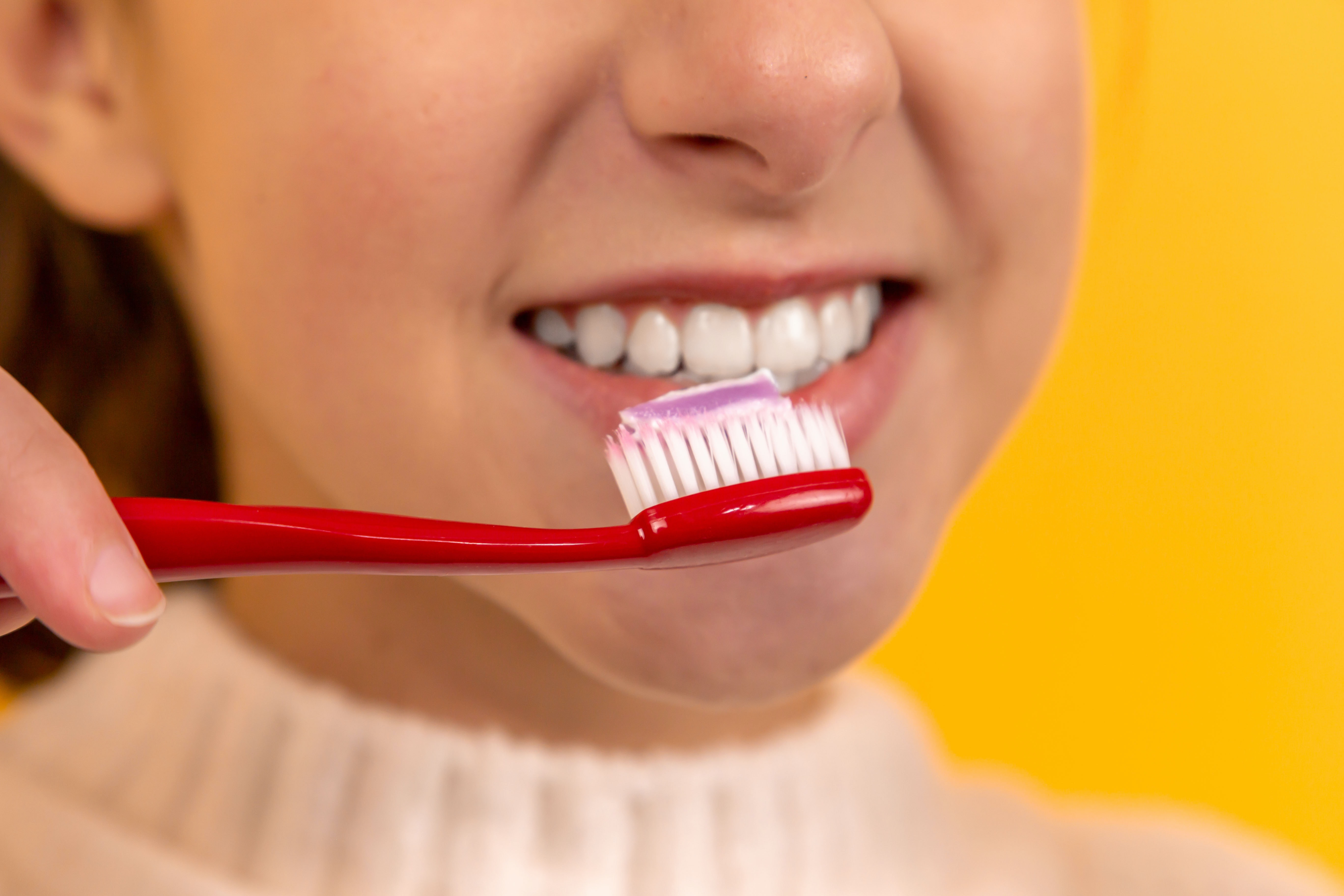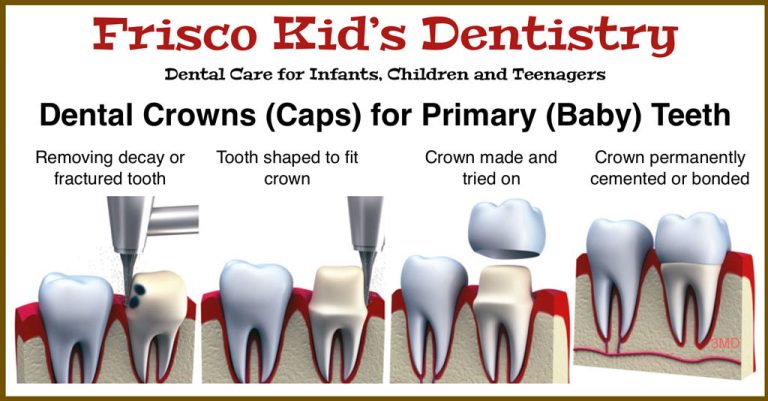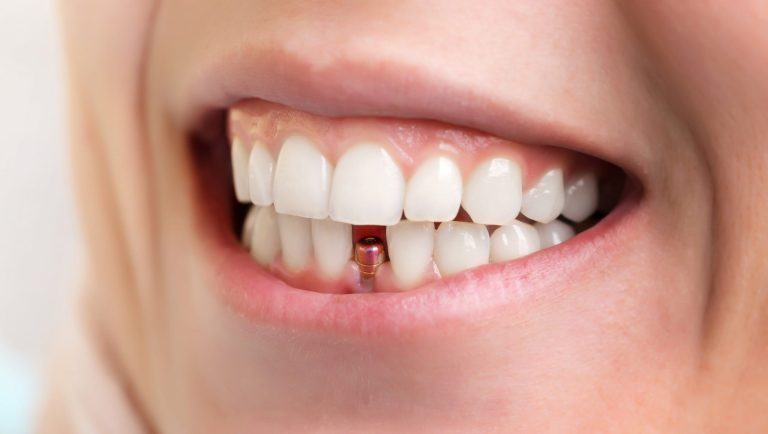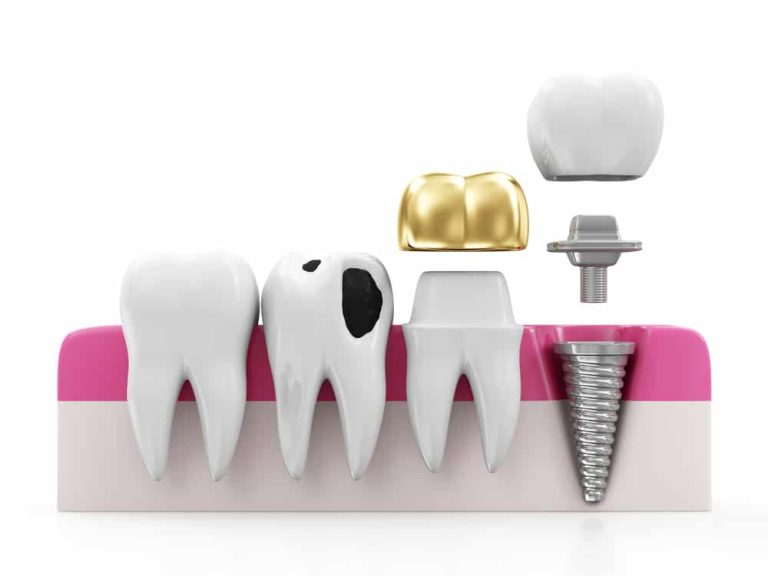Scared to go to the dentist because of bad teeth?
Last Updated on 6 months by DR. ALBIN SIPES
Do you find yourself avoiding dental appointments due to the condition of your teeth? The fear of the dentist can be overwhelming, especially when your teeth aren’t at their best. However, neglecting dental care can worsen your oral health issues.
It’s crucial to overcome your fear and seek professional help to address your dental problems effectively. This article provides actionable tips and strategies to help you conquer your fear of the dentist and restore your teeth to optimal health. By understanding the reasons behind your fear and taking proactive steps, you can regain control of your oral health and confidently step into the dentist’s office.
Understanding Dental Anxiety
Many people experience dental anxiety, a feeling of fear or nervousness associated with seeking dental treatment. This fear can be particularly intense for individuals with bad teeth, as the condition of their teeth may cause embarrassment or discomfort. Understanding dental anxiety, including its definition and causes, is crucial to helping individuals overcome their fears and feel more comfortable when visiting the dentist.
Description And Causes Of Dental Anxiety
Dental anxiety refers to the fear or nervousness experienced by individuals when facing dental treatment. For some, even the thought of visiting the dentist can lead to feelings of panic and distress. Dental anxiety can manifest in different ways, such as fear of needles, fear of pain, fear of dental instruments, or fear of the dental environment. There are several possible causes of dental anxiety. One common cause is a previous traumatic dental experience, such as a painful procedure or a negative interaction with a dentist. This can create a lasting fear that makes future dental visits daunting. Another cause can be a general fear of the unknown or a fear of losing control. The unfamiliar surroundings, sounds, and smells of a dental clinic can trigger anxiety for some individuals. Additionally, individuals with bad teeth may experience dental anxiety due to feelings of shame or embarrassment about the condition of their teeth. They may worry about being judged by the dental professionals or being subjected to painful treatment. These negative emotions can further contribute to the anxiety experienced when visiting the dentist.
How Dental Anxiety Affects Individuals With Bad Teeth
Dental anxiety can have a significant impact on individuals with bad teeth. The fear and anxiety associated with dental visits can lead to avoidance behavior, causing individuals to put off seeking necessary dental care. This avoidance can result in worsening oral health conditions, as issues go untreated and escalate. Furthermore, dental anxiety can exacerbate the negative emotions individuals with bad teeth may already experience. The fear of being judged can prevent them from seeking the help they need to improve their dental health. This vicious cycle of avoidance and anxiety can have detrimental effects on overall oral health and well-being. It is important for dental professionals to be aware of dental anxiety and its impact on individuals with bad teeth. Creating a supportive and understanding environment can help alleviate anxiety and encourage individuals to seek the necessary dental care they require. Communication, empathy, and the use of anxiety-reducing techniques can go a long way in helping patients feel more at ease. In conclusion, understanding dental anxiety, its definition, and causes is crucial to providing appropriate support and care for individuals with bad teeth. By addressing their fears and helping them overcome dental anxiety, dental professionals can help improve not only their oral health but also their overall well-being.
Overcoming Fear And Anxiety
Overcome your fear and anxiety by taking charge of your dental health, even if you have bad teeth. Embrace a positive mindset, seek professional help, and find comfort in knowing that dentists are there to help improve your oral health.
Effective Strategies For Managing Dental Anxiety
If you have dental anxiety, it’s essential to find strategies that can help you overcome your fear and make going to the dentist a more comfortable experience. Here are some effective strategies that can help you manage dental anxiety:
- Deep breathing techniques: Deep breathing can help relax your body and alleviate anxiety. When you start feeling anxious at the dentist’s office, take slow, deep breaths in through your nose, hold for a few seconds, and then exhale slowly through your mouth. Repeat this process several times until you feel calmer.
- 2. Distraction techniques: Distract yourself from dental anxiety by bringing headphones and listening to music or an audiobook during your appointment. You can also focus on an object in the room or visualize yourself in a calming place to redirect your thoughts away from the dental procedures.
- 3. Guided imagery: Use the power of your imagination to create a calming mental image. Close your eyes and picture yourself in a peaceful setting like a beach or a serene garden. Engage all your senses and visualize the sounds, smells, and sensations associated with this tranquil place. 4. Positive self-talk: Challenge negative thoughts and replace them with positive affirmations. Remind yourself that you are strong, capable, and in control of your dental experience. Repeat phrases like “I can handle this” or “I am doing great” to boost your confidence and reduce anxiety. 5. Gradual exposure: If your dental anxiety is severe, consider gradually exposing yourself to dental settings. Start by visiting the dental office without any treatment planned, just to familiarize yourself with the environment. As you become more comfortable, schedule small procedures or cleanings to build up your confidence over time.
Professional Help For Dental Phobia
If your dental anxiety is overwhelming or interfering with your oral health, it is important to seek professional help. Dentists and psychologists who specialize in dental phobia can provide the necessary support and guidance. Here are some options to consider:
- Sedation dentistry: Sedation dentistry involves the use of medication to help you relax during dental procedures. Different levels of sedation, such as oral sedatives or IV sedation, can be used to manage anxiety effectively.
- Counseling and therapy: Therapists or psychologists experienced in treating dental phobia can help you identify the root causes of your anxiety and develop coping mechanisms to manage it. Cognitive-behavioral therapy (CBT) is often employed to address negative thoughts and behaviors associated with dental fear.
- Hypnosis: Some individuals find hypnosis helpful in overcoming dental phobia. A qualified hypnotherapist can guide you through relaxation techniques and suggestions to reduce anxiety and increase your comfort during dental visits.
- Support groups: Joining a support group for individuals with dental anxiety can provide you with a safe space to share your fears and experiences. Interacting with others who understand what you’re going through can offer valuable support and encouragement.
Remember, dental anxiety is common, and you are not alone in feeling scared or anxious. By using these strategies and seeking professional help when needed, you can take control of your dental anxiety and improve your oral health. Don’t let fear prevent you from achieving a healthy and confident smile.
Common Dental Procedures And Their Benefits
Having bad teeth can be a source of anxiety and self-consciousness that prevents many individuals from seeking the necessary dental care. However, with advancements in modern dentistry, there are a variety of common dental procedures that can improve the condition of bad teeth and restore oral health. In this article, we will explore the breakdown of these procedures and the benefits they offer for those who may be scared to go to the dentist because of their bad teeth.
Breakdown Of Common Dental Procedures
1. Dental Fillings: Dental fillings are one of the most common dental procedures used to treat cavities and decay. During this procedure, the dentist will remove the decayed portion of the tooth and fill the resulting cavity with a tooth-colored composite material. This not only prevents further decay but also restores the tooth’s functionality and aesthetic appearance.
2. Dental Crowns: Dental crowns are custom-made caps that are placed over damaged teeth to restore their shape, size, and strength. This procedure is typically recommended for teeth that have significant decay, fractures or are weakened due to root canal treatment. Dental crowns not only protect the underlying tooth but also improve its appearance, alignment, and overall oral health.
3. Dental Bridges: Dental bridges are used to replace one or more missing teeth. They consist of artificial teeth (pontics) that are supported by adjacent natural teeth or dental implants. By filling the gap left by missing teeth, dental bridges help maintain proper bite alignment, prevent teeth from shifting, restore chewing ability, and enhance the overall aesthetics of the smile.
4. Dental Implants: Dental implants are considered the gold standard for replacing missing teeth. This surgical procedure involves the placement of titanium posts into the jawbone, onto which artificial teeth are securely attached. Dental implants not only provide a strong foundation for replacement teeth but also stimulate the jawbone, preventing bone loss and preserving facial structure.
5. Root Canal Treatment: Root canal treatment is performed when the pulp (nerve) of the tooth becomes infected or damaged. This procedure involves removing the infected tissue, disinfecting the root canals, and filling them to prevent further infection. Root canal treatment not only relieves pain and discomfort but also saves the natural tooth from extraction, preserving the integrity of the dental arch.
How These Procedures Can Improve Bad Teeth
Each of these common dental procedures offers unique benefits that can improve the condition of bad teeth:
- Dental fillings restore decayed teeth, preventing further damage and enhancing the appearance of the smile.
- Dental crowns protect and strengthen damaged teeth, restoring their functionality and overall oral health.
- Dental bridges replace missing teeth, preventing shifting and maintaining proper bite alignment.
- Dental implants provide a permanent, secure solution for missing teeth, preserving jawbone health and restoring a natural smile.
- Root canal treatment saves infected teeth from extraction, relieving pain and maintaining the integrity of the dental arch.
By understanding the breakdown of these common dental procedures and their benefits, individuals with bad teeth can overcome their fear of the dentist and take the necessary steps towards improving their oral health.

Credit: www.kneibdentistry.com
Sedation Dentistry
If you’re fearful of going to the dentist because of bad teeth, sedation dentistry may be a suitable option for you. With sedation, you can undergo dental treatments comfortably and anxiety-free, allowing your dentist to address your dental issues effectively.
Overview Of Sedation Dentistry
For many individuals, the fear of going to the dentist is directly related to the condition of their teeth. Bad teeth can cause embarrassment and shame, leading to avoidance of necessary dental care. However, there is a solution that can help even the most anxious patient overcome their fears – sedation dentistry. Sedation dentistry is a technique that uses medication to help patients relax during dental procedures. It is a safe and effective way to manage dental anxiety and ensure that individuals receive the necessary dental care without fear or discomfort. With sedation dentistry, dentists can work efficiently and patients can have a more pleasant experience, ultimately improving their oral health.
How Sedation Can Help Patients With Dental Anxiety
Dental anxiety is a common issue that affects millions of individuals worldwide. However, sedation dentistry offers a solution that can make dental visits more manageable and less stressful for patients. Here are some ways in which sedation can help patients with dental anxiety:
- Promotes relaxation: Sedation medication induces a state of deep relaxation, allowing patients to remain calm and at ease throughout the dental procedure. This helps alleviate anxiety and creates a more comfortable environment for both the patient and the dentist.
- Reduces fear and discomfort: Dental anxiety often arises from a fear of pain or discomfort during procedures. Sedation dentistry helps to minimize these sensations, making the dental experience less overwhelming for patients. This can increase their willingness to undergo necessary treatments and prevent dental problems from worsening.
- Allows for extensive treatment: For patients with extensive dental needs, completing multiple procedures in a single visit can be daunting. Sedation dentistry enables longer, more complex treatments by helping patients relax and reducing their awareness of time passing. This allows dentists to address multiple issues in a single session, minimizing the need for multiple visits and reducing overall anxiety.
- Improves patient cooperation: Patients with dental anxiety may find it difficult to cooperate during procedures due to fear or involuntary movements. Sedation dentistry helps patients stay calm and cooperative, making it easier for dentists to perform necessary treatments accurately and efficiently. By improving patient cooperation, sedation dentistry can contribute to better treatment outcomes.
Overall, sedation dentistry offers a valuable solution for individuals who are scared to go to the dentist because of bad teeth. By promoting relaxation, reducing fear and discomfort, enabling extensive treatment, and improving patient cooperation, sedation dentistry helps patients overcome their dental anxiety and receive the dental care they need for healthier, happier smiles.
Finding The Right Dentist For Anxious Patients
Qualities To Look For In A Dentist
When searching for a dentist who caters to anxious patients, it’s crucial to consider specific qualities that set them apart. By focusing on these qualities, you can find a dentist who not only provides exceptional dental care but also ensures your comfort throughout each visit.- Empathy: Look for a dentist who shows empathy and compassion towards patients with dental fear. They should be understanding of your fears and take the time to explain procedures in a gentle and reassuring manner.
- Experience: Seek a dentist who has extensive experience in treating patients with dental anxiety. Their experience will enable them to develop effective strategies to help you relax during dental procedures.
- Patience: A patient dentist is essential for individuals with dental fear. Your dentist should be willing to take the time to listen to your concerns, answer your questions, and proceed with treatment at your own pace.
- Gentle Techniques: Look for a dentist who utilizes gentle and pain-free techniques. This includes the use of local anesthesia, sedation options, and other advanced technologies to minimize discomfort and make your experience more comfortable.
Tips For Finding A Dentist Who Specializes In Treating Patients With Dental Fear
Finding a dentist who specializes in treating patients with dental fear can make a world of difference in alleviating your anxiety. Consider these tips when searching for the right dentist for your specific needs:- Recommendations: Start your search by asking friends, family, or your primary healthcare provider for recommendations. Their personal experiences can provide valuable insights into reputable and patient-oriented dentists.
- Online Research: Utilize online resources to research dentists in your area who specialize in treating patients with dental fear. Read reviews and testimonials to gain further understanding of their practice and patient satisfaction.
- Initial Consultation: Schedule an initial consultation with potential dentists. This allows you to meet the dentist, discuss your dental fears, and gauge their empathy, understanding, and approach towards your specific needs.
- Communication: Check how effectively the dentist communicates with you during the consultation. They should actively listen to your concerns, address any questions or doubts you may have, and provide information in a clear and understandable manner.
- Sedation Options: Inquire about the sedation options available at the dental office. Dentists who specialize in treating anxious patients often offer various sedation techniques to ensure your comfort and relaxation during dental procedures.
Building A Positive Relationship With Your Dentist
Building a positive relationship with your dentist is crucial, especially if you have bad teeth and feel scared or anxious about going to dental appointments. Establishing trust and open communication with your dentist can help you overcome your fears and feel more comfortable in the dental chair. In this section, we will address common concerns and questions you might have about visiting the dentist when you have bad teeth.
Do Dentists Judge You For Having Bad Teeth?
One fear many people with bad teeth have is the worry that their dentist will judge them. It’s essential to understand that dentists are professionals who are dedicated to improving your oral health and providing you with the best treatment possible. They have seen various dental conditions and are trained to provide non-judgmental care. When you visit your dentist, remember that they are there to help you, not to criticize or judge your teeth. Dentists understand that many factors contribute to the condition of your teeth, such as genetics, lifestyle habits, and access to dental care. So, you can feel assured that your dentist’s primary goal is to help you improve your oral health rather than pass judgment.
What Not To Hide or Tell A Dentist?
While dentists are non-judgmental, there are certain things you might want to avoid mentioning to your dentist. Remember these guidelines:
- Do not lie about your dental habits: It’s important to be honest about your oral hygiene routines, including how often you brush, floss, or use mouthwash. Lying about your habits may lead to improper treatment plans or recommendations.
- Do not hide ongoing medical conditions or medications: Providing your dentist with a complete understanding of your medical history, including any current conditions or medications, enables them to make informed decisions about your dental care.
- Avoid self-diagnosing or offering treatment suggestions: While it’s helpful to communicate your concerns and symptoms, it’s best to leave the diagnosing and treatment planning to your dentist. Their expertise ensures you receive the most appropriate care.
Remember, a positive relationship with your dentist relies on open and transparent communication. Be honest about your concerns, fears, and expectations. By doing so, you can work together with your dentist to achieve the best possible outcomes for your oral health.
Frequently Asked Questions Of Scared To Go To The Dentist Because Of Bad Teeth
Do Dentist Judge You For Having Bad Teeth?
Dentists do not judge you for having bad teeth. They are professionals who are there to help improve your oral health and provide treatment options. They focus on finding solutions rather than passing judgment.
What Do Dentists Do For Really Bad Teeth?
Dentists provide treatments like fillings, crowns, root canals, and extractions for severe dental issues. They ensure pain relief, improve functionality, and enhance the appearance of bad teeth.
What If I Need To Go To The Dentist But I’m Terrified?
If you’re scared of going to the dentist, try discussing your fears with the dental team. They can offer strategies like sedation or relaxation techniques to help ease your anxiety. Remember, seeking dental care is important for your oral health.
Conclusion
If fear of bad teeth has been holding you back from visiting the dentist, it’s time to face your apprehensions. Regular dental check-ups and treatments are crucial for maintaining a healthy smile. With the advancements in modern dentistry, you can find comfort in knowing that dental professionals are equipped with the skills and tools needed to address your dental concerns.
Don’t let fear hinder your oral health; take that step towards a beautiful smile today.



